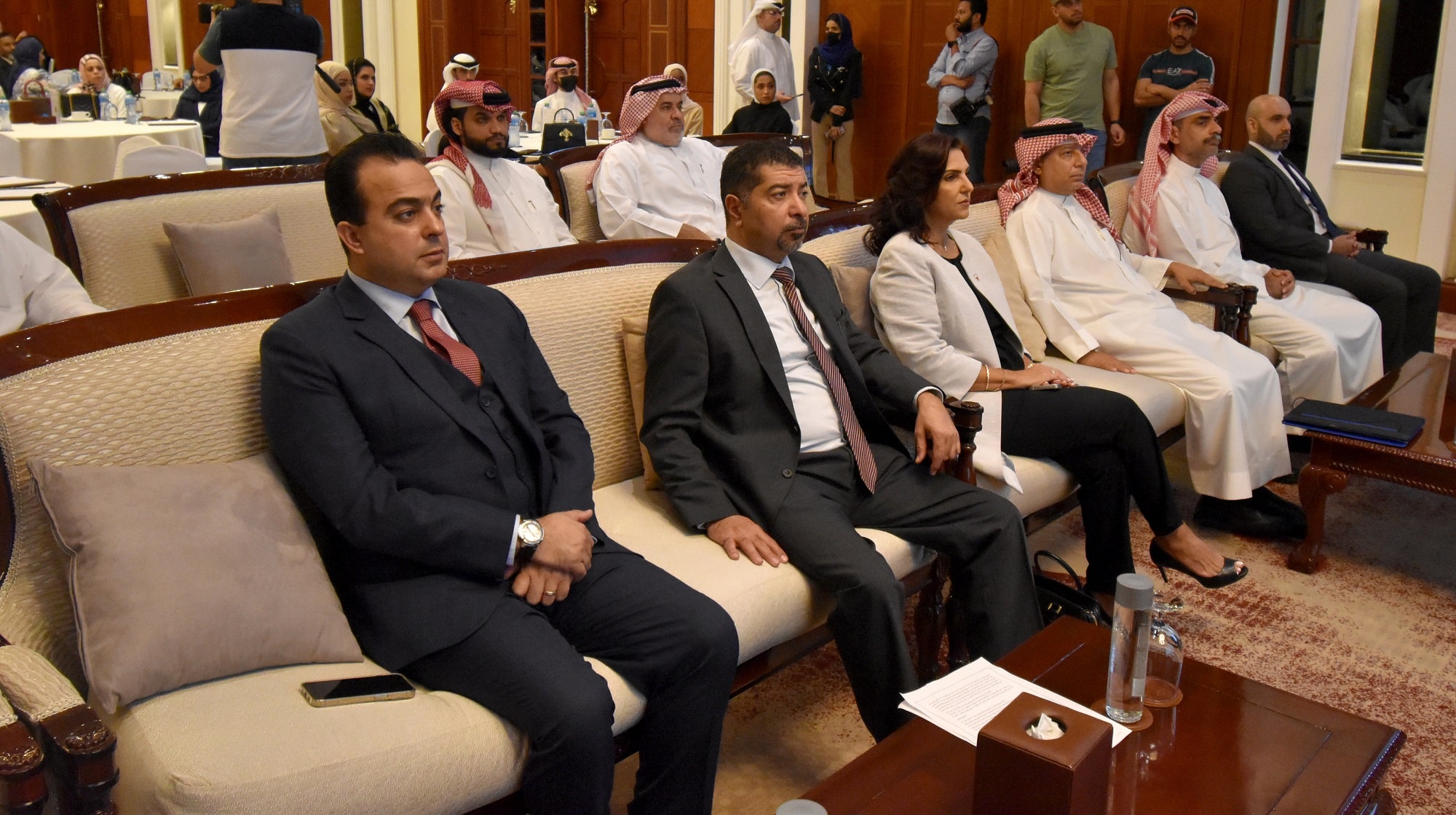NIHR Organises a Workshop on the Mechanism for monitoring the Electoral Process for Civil Society Institution, in Coincidence with the Approaching Parliamentary and Municipal Elections

Within the framework of its pivotal role to monitor and control the electoral process, and in order to consolidate the bonds of societal partnership with regard to the promotion and development of civil and political rights, and in implementation of what was included in the National Human Rights Plan (2022-2026), in particular the third Strategic Objective on Consolidating and Strengthening Democracy in the Kingdom of Bahrain in line with the with human rights instruments and international best practices, which provides for the qualification and training of members of local civil society organisations in the field of promoting the general elections in accordance with the highest standards and best experiences and methods, the National Institution for Human Rights (NIHR) held a workshop on “Observing Parliamentary and Municipal Elections for 2022” for civil society institutions, which participated in monitoring parliamentary and municipal elections in previous years, and which expressed their desire to participate in monitoring elections for this year 2022, coinciding with the start of preparations for the parliamentary and municipal elections.
The workshop was opened by Eng. Ali Ahmed Al-Derazi, Chairman of the National Institution for Human Rights (NIHR), who gave a welcoming speech to the participants in which he stated the importance of the role of civil society institutions in monitoring the electoral process to support and enhance the integrity and fairness of elections on the one hand, and to check the smoothness of their procedures and their good implementation on the other hand, and in encouraging political and electoral participation.
Al-Derazi pointed out that this workshop was organised in conjunction with the start of preparations for the 2022 parliamentary and municipal elections, with the aim of shedding light on the election monitoring mechanism and its guarantees stipulated in the Constitution of the Kingdom of Bahrain and the related national legislation.
During his speech, Al-Derazi revealed that a number of monitoring teams, consisting of members of the Board of Commissioners and staff of the NIHR Secretariat-General, has been formed to monitor the parliamentary and municipal elections process for the current year, explaining that all observations and recommendations will be included in a special report that will be issued later and will be available to all.
The Chairman of the NIHR concluded his speech by affirming the NIHR’s full confidence that the electoral process will take place in a free and fair atmosphere, due to the maturity of the Bahraini democratic practice, which has been clearly manifested since the launch of the Reform Project of the HM the King of the Country till now.
In the first session, the workshop included two working papers. The first one was presented by Dr. Bader Mohamed Adel, Member of the NIHR Council of Commissioners, in which he dealt with the NIHR’s experience in monitoring parliamentary and municipal elections during the past years. The second one was presented by Mr. Abdullah Al-Aradi, Member of the Shura Council, in which he discussed the judicial and civil oversight mechanism over the elections. The second session dealt with the experience of civil society institutions in monitoring the electoral process, where representatives of a number of associations and institutions reviewed their experiences and the most important challenges that the observer may face during the observation and monitoring of the electoral process.
The workshop, which was held with the participation of more than 150 persons, aimed at shedding light on the election monitoring mechanism in general and its guarantees stipulated in the Constitution of the Kingdom of Bahrain and the relevant national legislation, and providing an opportunity to exchange experiences and best practices in relation to election monitoring, which will contribute to ensuring the success of the electoral process by unifying national efforts in this regard.


